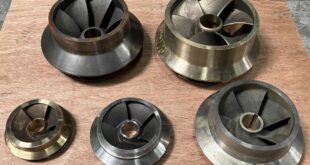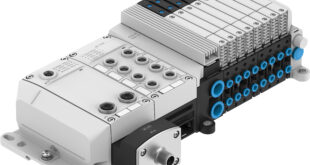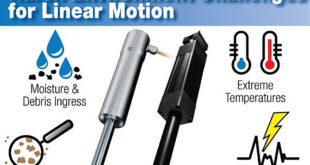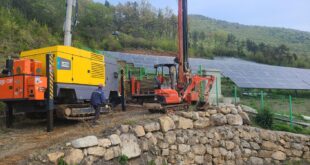The Industrial Internet of Things (IIoT) is growing at a rapid pace. Experts agree that Single Pair Ethernet (SPE) will be one of the key technologies that significantly shapes the success of the IIoT.
The factory of the future requires high data streams and the industrial sector needs connectivity which adapts itself to increasingly growing demands. This is most effectively achieved via standards that are developed and advanced through partnerships in an open eco-system.
Harting has recognised the requirements of the factory of the future, driven the development of Ethernet connectivity for tomorrow’s networks and presented intelligent connectivity with solution packages for the Cloud, Edge and IIoT.
As an enabler of IIoT, Harting is taking the step from a technology trend to a real application and customer solution.
With an interface standardised according to IEC 63171-6, the technology group is consistently recognising trends, defining standards and delivering high-quality products.
Generations of network engineers, planners, installers and users have learned that Fast Ethernet (10/100Mbps) requires cabling with two wire pairs and Gigabit Ethernet requires four wire pairs.
The new Single Pair Ethernet is pushing technology into the market that can transmit these TCP/IP-based data streams via just one pair of wires.
This technique, which is being driven by the automotive industry, is increasingly gaining importance in automation technology, where it is being further developed in a targeted manner.
Due to its simplicity and the associated reduction in weight, space requirements and installation effort, this technology has a great future within industry, automation technology and the rail industry, among others.
SPE now makes it possible to bring digitisation, i.e. continuous IP-based communication, to the field level.
Equipping simple sensors, cameras and reading and identification devices with Ethernet interfaces supports the implementation of Integrated Industry and IIoT. IP-based communication from the Cloud down to every sensor has long been a sought-after vision that now takes on a very real form.
Consistent compatibility of devices, cables and connectors
A prerequisite for the widespread use and successful marketing of SPE technology is the end-to-end compatibility of devices, cables and connectors.
Since the beginning of the year, an ISO/IEC international selection process has been in progress for cabling and the selection of standardised SPE mating faces, involving more than 20 national expert committees. Because of this selection, two mating faces have prevailed:
For building wiring, the mating face according to IEC 63171-1, based on the proposal by CommScope
For industrial and industry applications, the mating face IEC 63171-6, based on the proposal by Harting.
The core element of the new Harting T1 industrial connector family is an always-uniform SPE mating face that is used for all versions, from IP20 up to IP65/67.
Harting has aligned its connector design accordingly and can achieve both 1GBit/s for shorter distances and 10Mbit/s for long distances with a mutually compatible mating face.
 Engineer News Network The ultimate online news and information resource for today’s engineer
Engineer News Network The ultimate online news and information resource for today’s engineer




